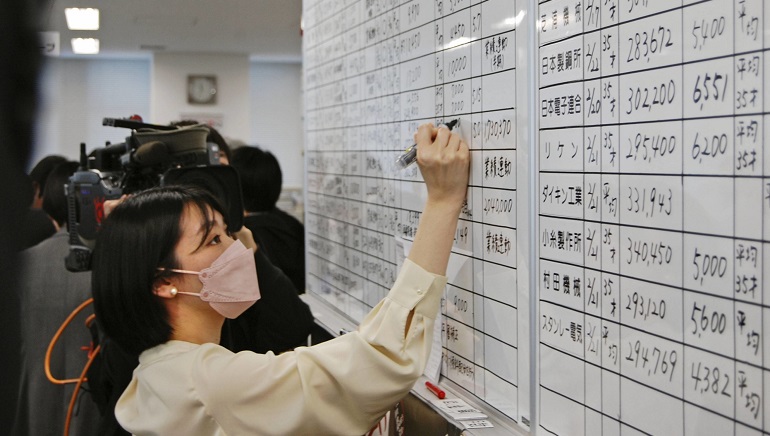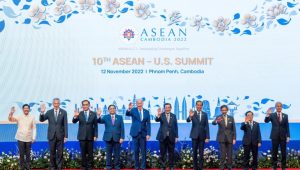Big Japanese companies have offered the largest pay rises in a quarter century in response to Japanese Prime Minister Fumio Kishida’s calls for higher wages to counter rising living costs.
Worker pay has been low in Japan since the late 1990s due to sputtering growth, when investment in the economy turns sluggish over a sustained period of time, affecting consumption. It has left Japanese pay well behind the pays in other member countries of the Organisation for Economic Co-operation and Development. Now, a weak yen and rising commodity prices have driven up import costs and pushed inflation to the highest in four decades, prompting Kishida to ask for better pay.
The average wage rise at “shunto” spring wage talks in 2023 was the highest in about 30 years, of almost 3 per cent, which would be the highest since the 2.9 per cent in 1997.
“This spring marks a turning point for growth and wealth distribution,” Mr Kishida told a meeting with representatives of business lobbies and unions. He also said he aimed for a nationwide increase in the minimum wage.
A number of Japan’s biggest corporations, including Toyota Motor and Hitachi, said that they had agreed fully to the requested increases from unions.















